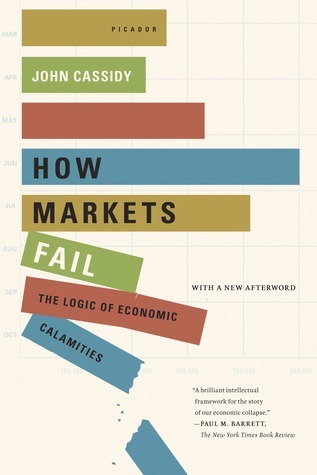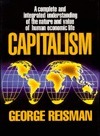
Bad Samaritans: The Myth of Free Trade and the Secret History of Capitalism
Book Description
Imagine a world where the promise of free trade is a cleverly spun web of deception. In "Bad Samaritans," Ha-Joon Chang dismantles the myth of globalization and exposes the hidden flaws in capitalism’s grand narrative. With sharp insights and compelling anecdotes, Chang reveals how wealth is not simply created but often extracted at the expense of the majority. This is a provocative journey through history, challenging the notion that unregulated markets benefit all. Can the relentless pursuit of free trade truly uplift nations, or is it time to confront the hidden truths behind our economic systems?
Quick Book Summary
"Bad Samaritans" by Ha-Joon Chang is a critical exploration of global capitalism and the widely accepted belief in free trade as the path to economic prosperity. Chang challenges the orthodoxy promoted by institutions like the IMF and World Bank, showing how developed nations achieved their status through protectionism and state intervention, not pure market liberalization. Using historical evidence and modern examples, he exposes how wealthier nations impose rules on developing countries that they themselves never followed. The book argues that the relentless advocacy for open markets often hinders, rather than helps, poor nations. Instead, Chang calls for a nuanced approach, respecting the unique paths that countries take toward development, and recognizing the reality behind economic dogmas.
Summary of Key Ideas
Table of Contents
Critique of Free Market Orthodoxy
Ha-Joon Chang begins by challenging the fundamental belief, popularized by Western institutions, that free trade and market liberalization universally drive economic growth. He argues that this belief is rooted not in empirical truth but in the ideological interests of wealthy nations, which often ignore the complexities and specific needs of developing economies. Chang uses vivid anecdotes to illustrate how one-size-fits-all market policies can actually widen global inequalities, leaving poorer nations at a disadvantage while maintaining the status quo for the rich.
Historical Myths of Economic Success
Chang then delves into the real histories of today's developed countries. Contrary to the narrative of success through laissez-faire policies, he reveals how nations like Britain, the United States, and Germany rose to prosperity using protectionist measures and active state involvement. These countries built industries behind high tariff walls, nurtured nascent businesses, and selectively adopted technological advancements. The "bad samaritans," as Chang calls them, are wealthy nations who "kick away the ladder" after reaching the top, preventing others from following the same path.
Protectionism and State Intervention
A central claim of the book is the exposure of double standards in global economic policy. Chang argues that institutions like the IMF and World Bank, dominated by developed nations, impose strict market reforms on poorer countries, while these rich nations themselves still practice forms of industrial policy and subsidies. He details how international trade rules frequently favor the already-advanced, locking less developed countries into the roles of suppliers of cheap labor and raw materials, stymieing their ability to move up the value chain.
Double Standards in Global Trade
Chang’s analysis extends to the limitations of free market advice. He contends that prescribing universal market openness and privatization ignores the intricacies of nation-building and development. Many successful economies adopted hybrid approaches, combining market mechanisms with robust governmental direction and selective protection. Chang encourages developing nations to find their own paths and cautions against simply replicating the formulas promoted by the West.
Development Strategies for the Global South
Ultimately, "Bad Samaritans" is a call for humility and pragmatism in economic policymaking. Chang insists that we recognize the lessons of history: successful development is complex and context-specific. Policy advice that disregards a country's stage of development, institutional capacity, and historical circumstances is more likely to harm than help. He advocates for empowering poorer countries with the freedom to experiment and determine effective strategies for themselves, instead of imposing economic orthodoxies that serve outside interests.
Download This Summary
Get a free PDF of this summary instantly — no email required.





